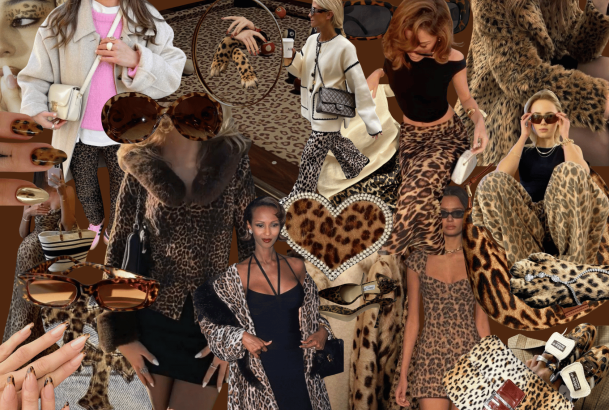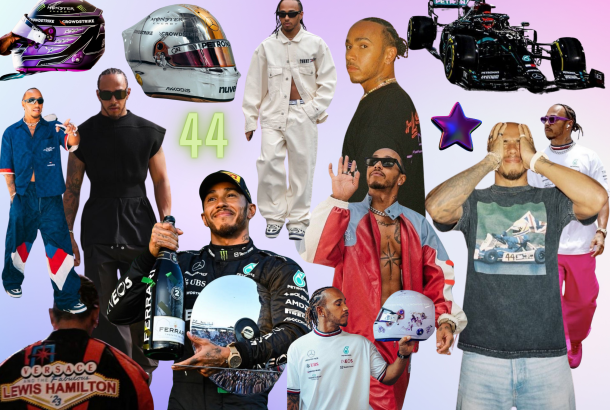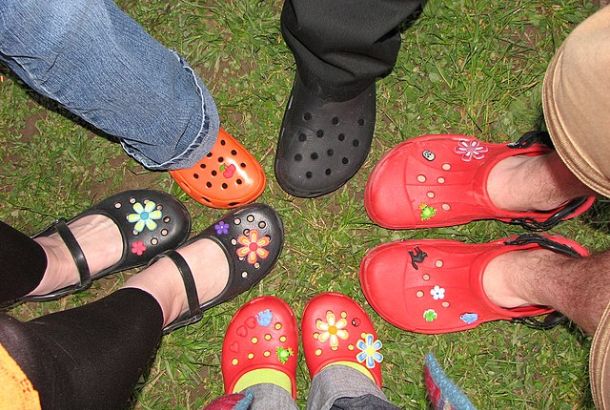Decoding the phenomenon: What lies behind celebrities launching beauty brands?

Bella Hadid has taken to Instagram and TikTok to tease the launch of her very own beauty brand, Orebella. The abstract teaser trailer, accompanied by the caption “Orebella founded by Bella Khair Hadid. Reveal your alchemy” teases a release date of May 2 2024. While it remains unclear what exactly Ms Hadid will be selling, fans are quick to flock with comments such as ‘WHATEVER IT IS I AM BUYING IT’ and ‘I have no idea what this is but whatever it is I’m getting it because Bella Hadid made it 💘’.
While this supermodel-owned brand is not groundbreaking, it has got me thinking, what is the allure behind celebrity-owned brands, and our compliance in following them? Why do they seem to be cropping up everywhere?
While we can’t pinpoint this phenomenon, Kylie Jenner’s ‘Kylie Cosmetics’ would be a good place to start if we could. The reality TV star founded her beauty line in 2016, and was quick to gain a devoted following. The brand became a global phenomenon and our obsession with her trademark ‘lip kits’ grew, along with their promise to allow us to recreate Ms Jenner’s most famous looks. Its continued popularity is a prime example of the benefits of star power in celebrities promoting their own products and has created a blueprint the celebrity masses have since replicated.
Since then, Rihanna’s Fenty Beauty was launched in 2017, followed by Victoria Beckham Beauty, Selena Gomez’s Rare Beauty, Millie Bobby-Brown’s Florence by Mills, Lady Gaga’s Haus Labs all in 2019, and finally Hailey Bieber’s Rhode in 2022. These are only a handful of the multitude of celebrity-owned brands which you have no doubt been bombarded with advertisements from in the last few years.
So, why are celebrities branching away from their red carpet roots and into the realm of skincare and cosmetics? The obvious reason is money. While acting careers (especially for women) tend to have an unwritten age limit that is shared with modelling, revenue generated from starting your own company is consistent and timeless, and generally generates more than licensing or brand deals. In 2023, Fenty Beauty by Rhianna generated an unbelievably high revenue of around £477 million, while Kylie Jenner reportedly made $341 million (post-tax) after the sale of her cosmetics brand to Coty in 2019.
The other obvious benefit is the built-in consumers these celebrities bring with them. Their loyal social media following is often the first to jump in line for whichever new product is launching. They are easily able to save considerable time and money on marketing and advertising, when a quick Instagram post of them using their own product works to generate sales. However, this model doesn’t come without issues.
Alongside these success stories, celebrity-owned brands also receive their fair share of backlash. Kylie Jenner skin was slow to hit the ground, unlike its cosmetic predecessor, as she faced criticism surrounding the ingredients of her products. This particularly included the walnut shells and concerns about products that claimed to be vegan when they were in fact not. Such failures were also seen in the removal of Addison Raye and Hyram Yarbro’s beauty brand, Item, from Sephora stores.
Consumers are often quick to question the celebrities’ involvement with their brand, and whether they actually care for or use the products they produce. The brands are also fundamentally intertwined with the current success of the celebrity, an unstable business model dependent on star power. The abundantly clear money motivation also isn’t the best selling point. Consumers want authenticity and a personal connection to the brand.
While the celebrity beauty market continues to grow and is arguably becoming oversaturated, consumer fatigue grows alongside it. As we become more aware as purchasers, a celebrity no longer becomes a reason to buy a product anymore, and we need proof of efficiency. This makes me ask the question: will these celebrity-owned brands continue to be as successful in 2024?







